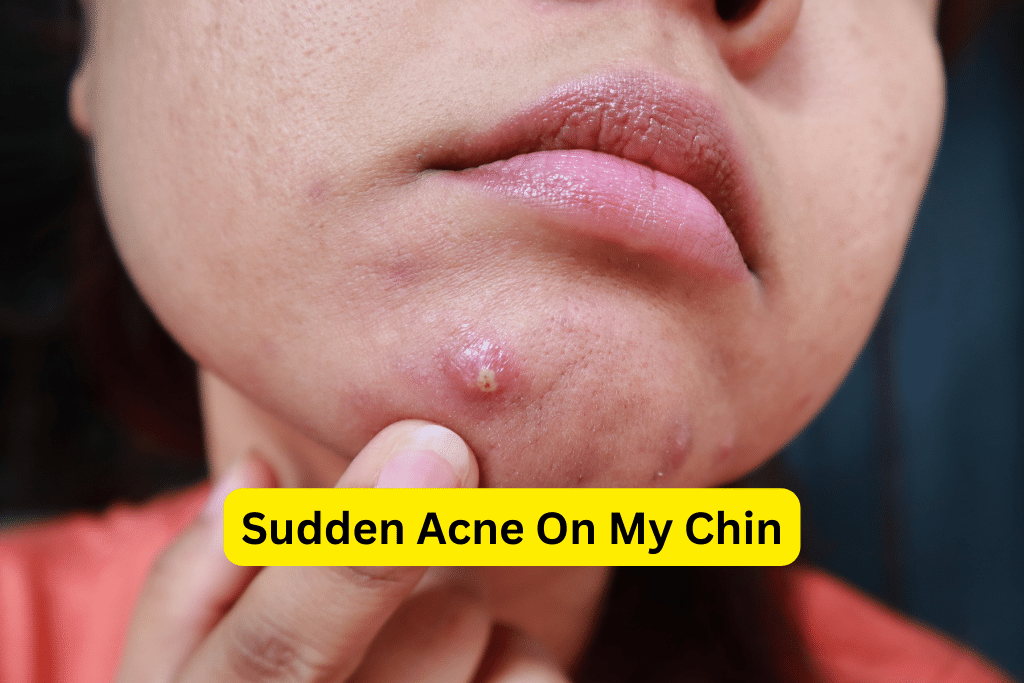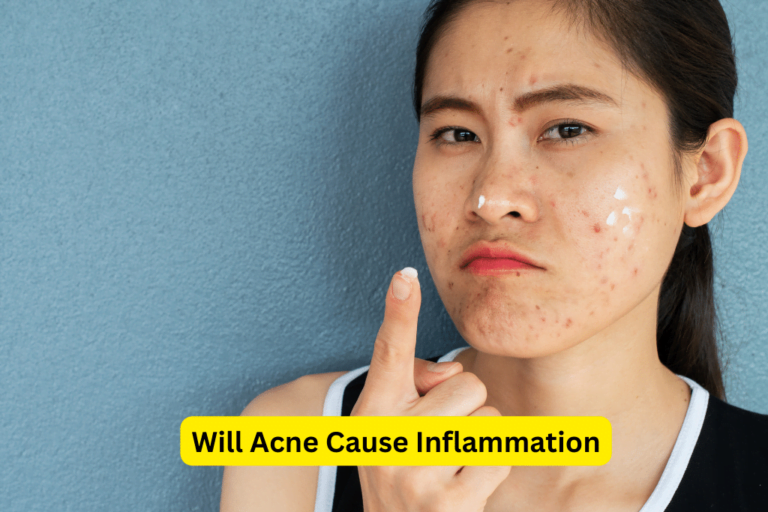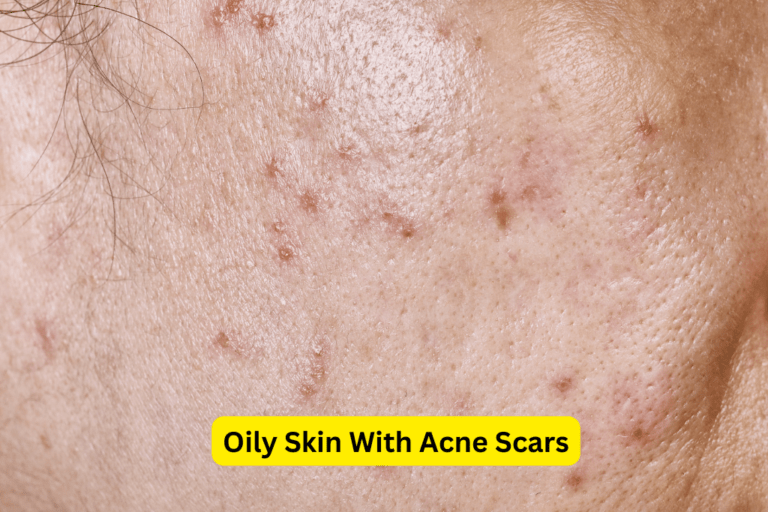Managing Chin Acne: Causes, Remedies, and Prevention
Sudden Acne On My Chin
Sudden acne on the chin can be frustrating and impact your self-esteem. Understanding the causes behind it is key in effectively treating and preventing breakouts. In this article, we will explore the definition and characteristics of sudden acne, the triggers that can lead to breakouts, effective treatment options, and preventive measures to maintain clear skin. We will also provide expert advice and useful tips to help you manage your chin acne and regain your confidence.
I. Understanding Sudden Acne on the Chin
A. Definition and characteristics of sudden acne
Sudden acne refers to the appearance of pimples, blackheads, and whiteheads on the chin area without any prior history of acne. It can be characterized by red, inflamed bumps or small, fine bumps.
B. Explanation of the chin area’s susceptibility to breakouts
The chin area is more prone to acne due to its higher concentration of oil glands. The chin also tends to accumulate dirt, bacteria, and dead skin cells, making it an ideal environment for breakouts.
C. Common signs and symptoms of acne on the chin
Common signs and symptoms of chin acne include redness, inflammation, pustules, and cysts. Some individuals may also experience pain or tenderness in the affected area.
II. Causes and Triggers of Chin Acne
A. Hormonal factors and fluctuations
1. Hormonal changes, especially during puberty, menstruation, pregnancy, and menopause, can contribute to chin acne. Hormonal imbalances can increase sebum production, leading to clogged pores and breakouts.
2. Specific stages in life, such as adolescence or menopause, can disrupt hormonal balance and trigger chin acne.
B. Poor skincare routine and hygiene habits
1. Not properly cleansing and exfoliating the chin area can lead to the buildup of oil, dead skin cells, and bacteria. This can result in clogged pores and the development of acne.
2. Using comedogenic products and cosmetics, which can clog pores and irritate the skin, can also contribute to chin acne.
C. Dietary factors and their influence on chin acne
1. Certain foods, such as dairy products, high-glycemic foods, and foods rich in saturated fats, have been associated with an increased risk of acne breakouts on the chin.
2. Maintaining a balanced diet that includes fresh fruits, vegetables, whole grains, and lean proteins can help promote clear skin and prevent chin acne.
D. Stress and its impact on chin acne
1. Stress triggers hormonal activity in the body, which can exacerbate chin acne. Stress can also lead to increased sebum production and inflammation, making breakouts more severe.
2. Managing stress through activities like exercise, meditation, and adequate sleep can help reduce stress-related breakouts.
III. Effective Treatment Options for Chin Acne
A. Over-the-counter topical treatments
1. Over-the-counter treatments containing ingredients like benzoyl peroxide or salicylic acid can be effective in reducing inflammation and killing bacteria. These should be applied directly to the affected area following the instructions on the product label.
2. It is important to not overuse or excessively dry out the skin, as this can lead to further irritation.
B. Prescription medications for severe chin acne
1. If over-the-counter treatments do not provide sufficient relief, dermatologists may prescribe antibiotics, oral contraceptives, or retinoids to manage severe chin acne.
2. It is essential to follow the prescribed dosage and any precautions or side effects associated with these medications.
C. Natural remedies and home treatments
1. Natural ingredients such as tea tree oil, aloe vera, and witch hazel have antibacterial and anti-inflammatory properties that can aid in treating chin acne. These can be applied topically or used in homemade face masks.
2. DIY treatments like spot treatment with apple cider vinegar or reducing inflammation with a honey and cinnamon mask can also help manage chin acne.
IV. Preventive Measures and Lifestyle Changes
A. Establishing a consistent skincare routine
1. Cleaning the chin area twice a day, using a mild cleanser, and exfoliating regularly can help prevent clogged pores and remove dead skin cells.
2. Applying a non-comedogenic moisturizer and using sunscreen with at least SPF 30 can protect the skin and prevent further damage.
B. Healthy dietary habits for promoting clear skin
1. Limiting the consumption of dairy products, sugary foods, and processed foods can help reduce the risk of chin acne. Including foods rich in antioxidants, vitamins, and minerals can support healthy skin.
2. Drinking an adequate amount of water daily helps keep the skin hydrated and flushes out toxins, promoting clear skin.
C. Stress management techniques and self-care practices
1. Engaging in stress-reducing activities like yoga, meditation, or deep breathing exercises can help lower stress levels and minimize hormonal changes that contribute to chin acne.
2. Maintaining a healthy work-life balance and practicing self-care can support overall well-being and help manage stress and breakouts.
V. Expert Tips and Advice for Managing Chin Acne
A. Advice from dermatologists and skincare professionals
1. There are many misconceptions about chin acne, including the belief that it is only a result of poor hygiene or is untreatable. Consulting with a dermatologist can provide accurate information and personalized treatment recommendations.
2. Dermatologists may recommend a combination of treatments, such as topical medications, lifestyle changes, and professional procedures, to effectively manage chin acne.
B. Testimonials from individuals who have successfully managed chin acne
1. Hearing from others who have overcome chin acne can provide inspiration and tips for managing breakouts. Their experiences and advice may include lifestyle changes, skincare routines, and the importance of maintaining a positive mindset.
2. By sharing their stories and skin transformations, these individuals can offer support and encouragement to those struggling with sudden chin acne.
Conclusion
Managing sudden acne on the chin requires a comprehensive approach that includes understanding the causes, effective treatment options, and preventive measures. By implementing a consistent skincare routine, making healthy dietary choices, managing stress levels, and seeking professional advice when needed, you can take control of your chin acne and improve your skin health. Remember, you are not alone in this journey, and with the right strategies and support, you can regain your confidence and enjoy clear, glowing skin.









